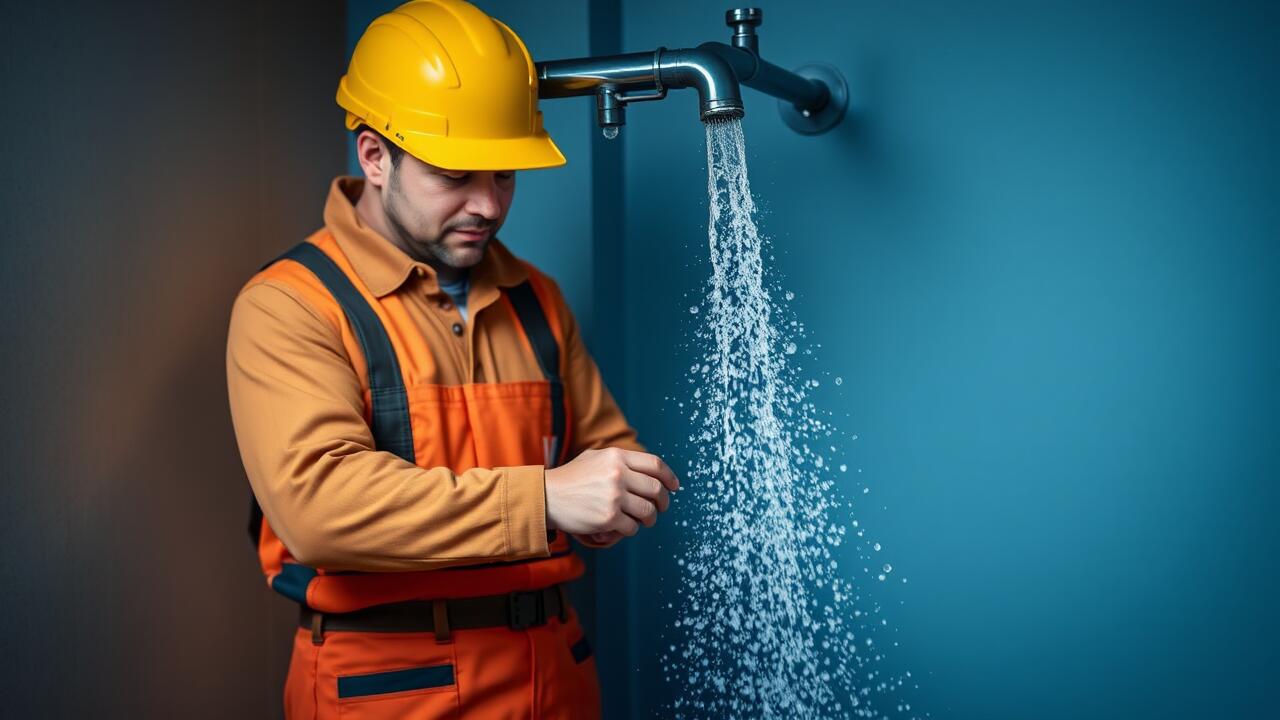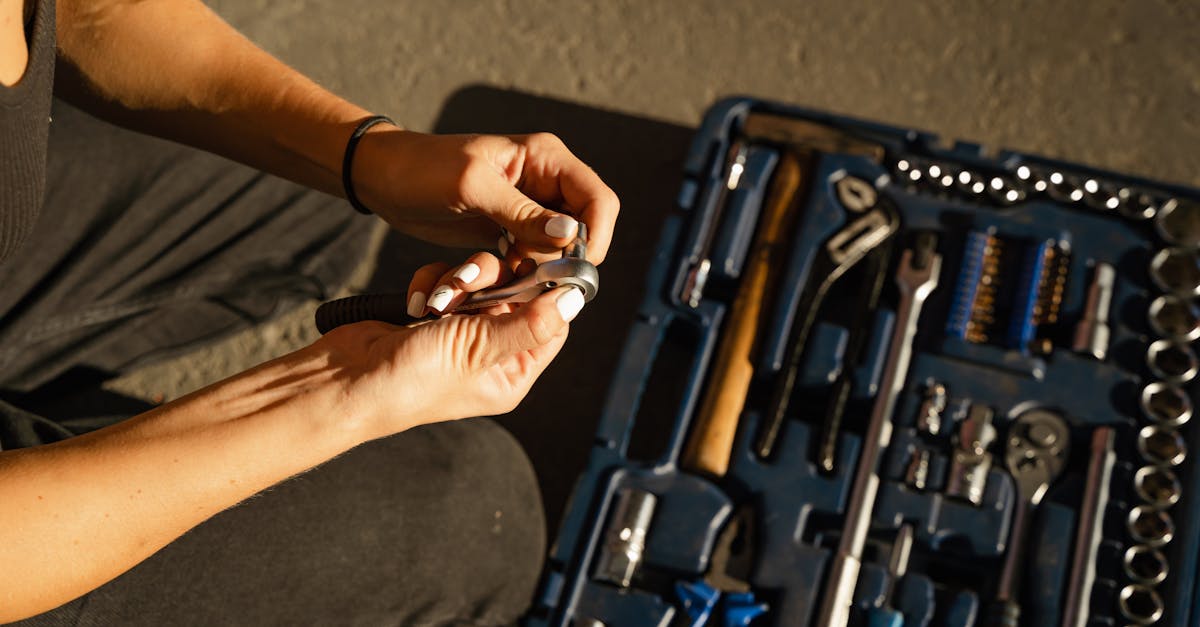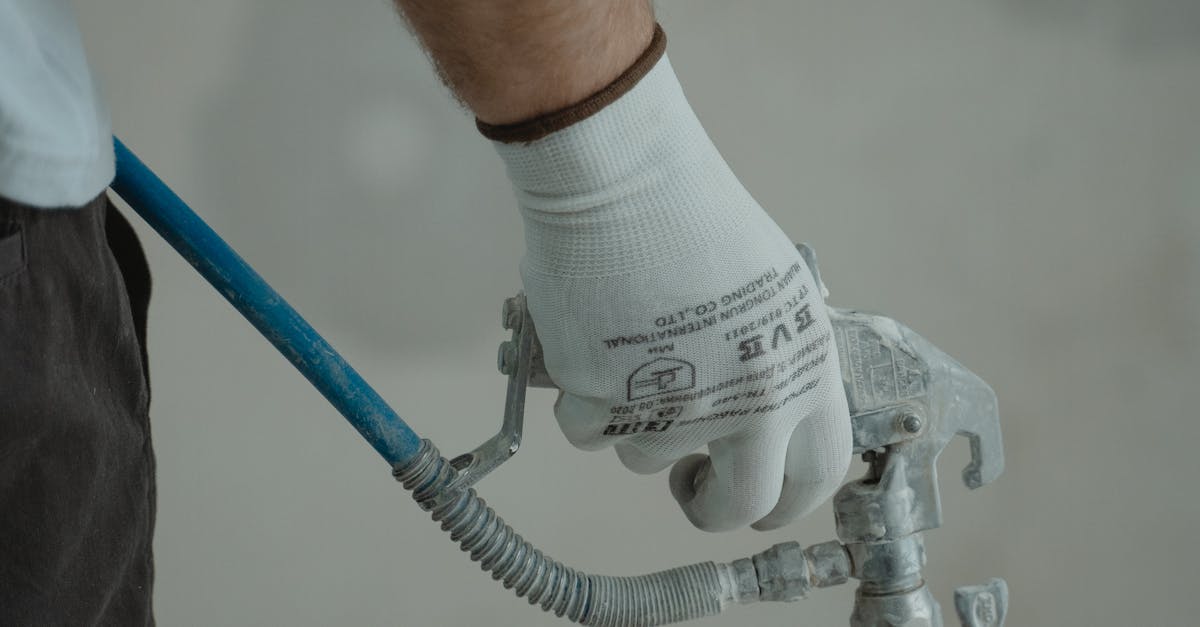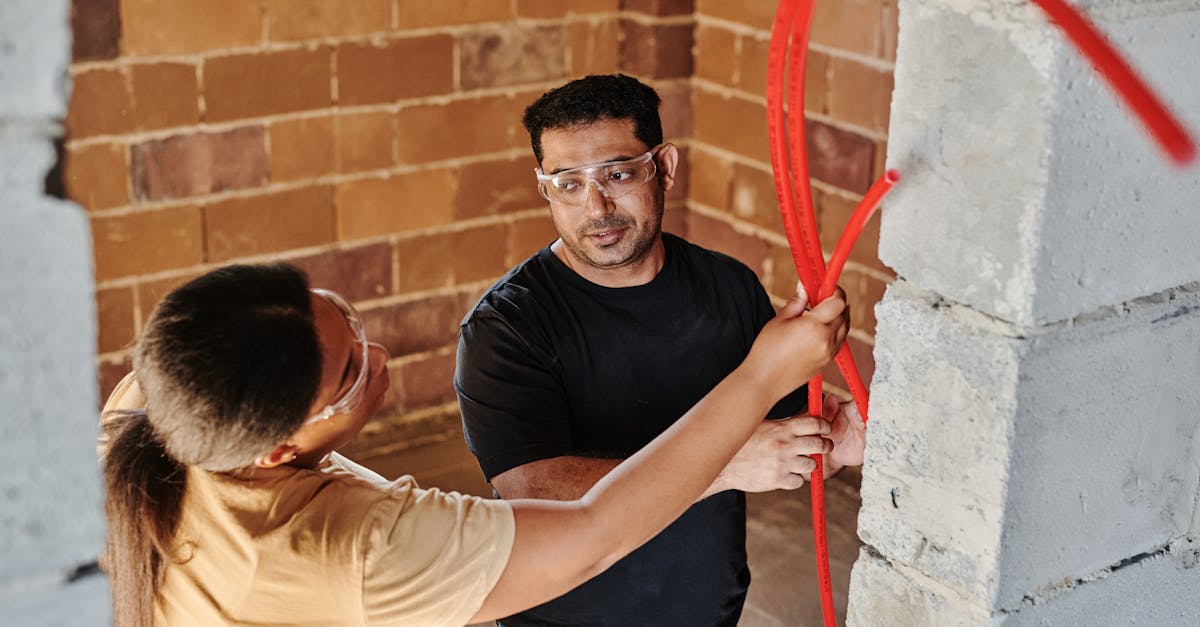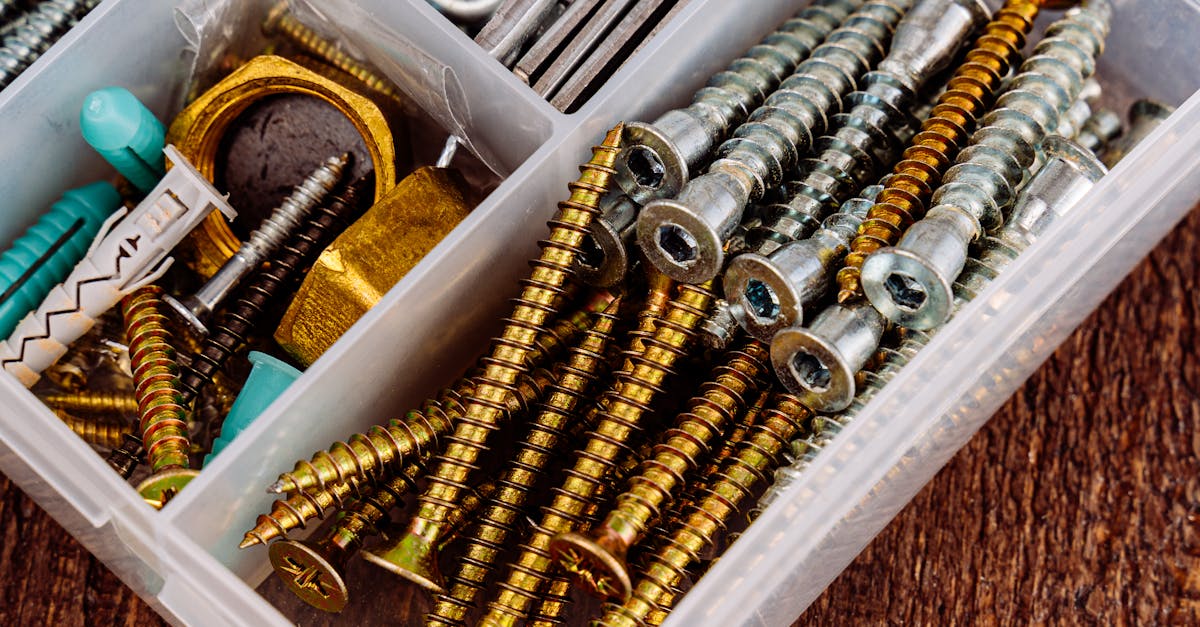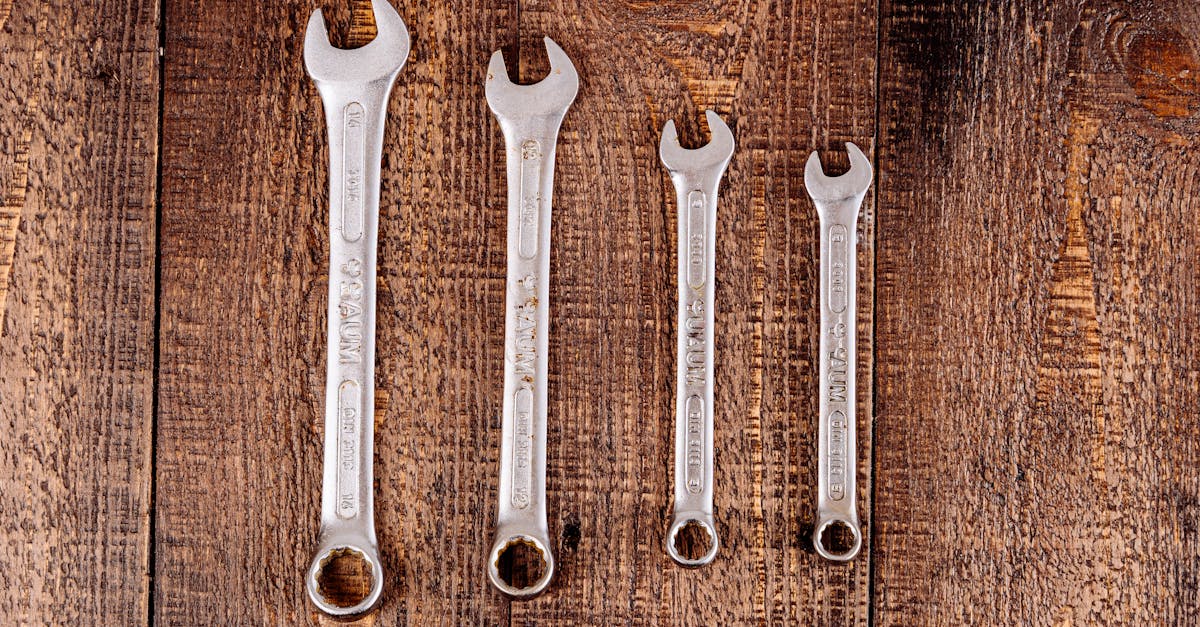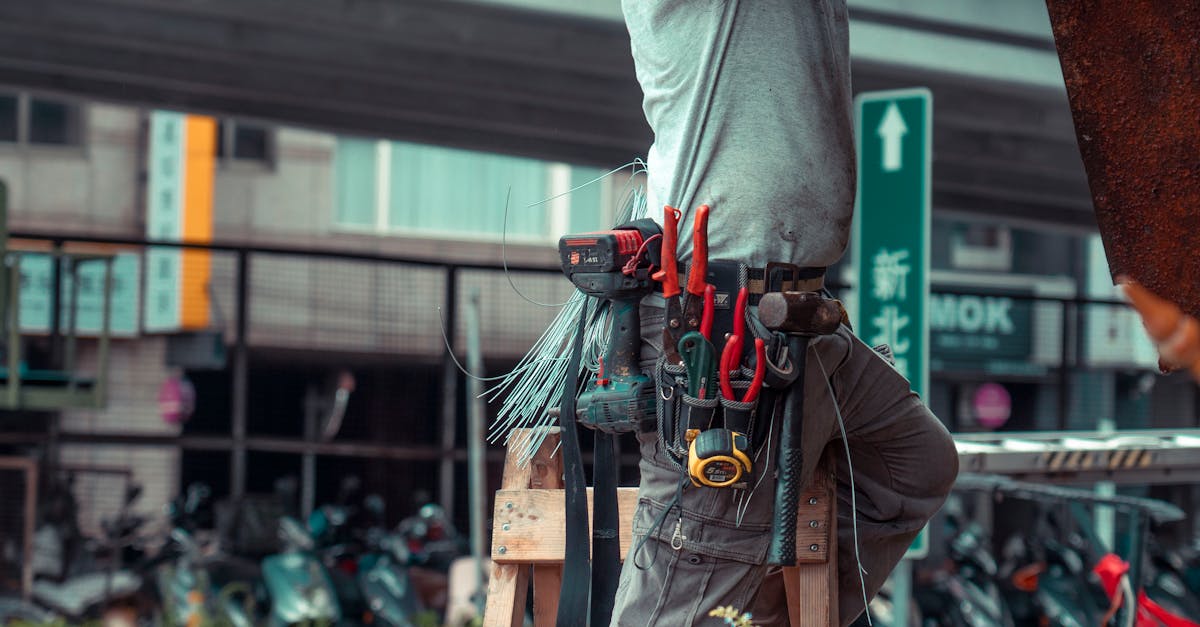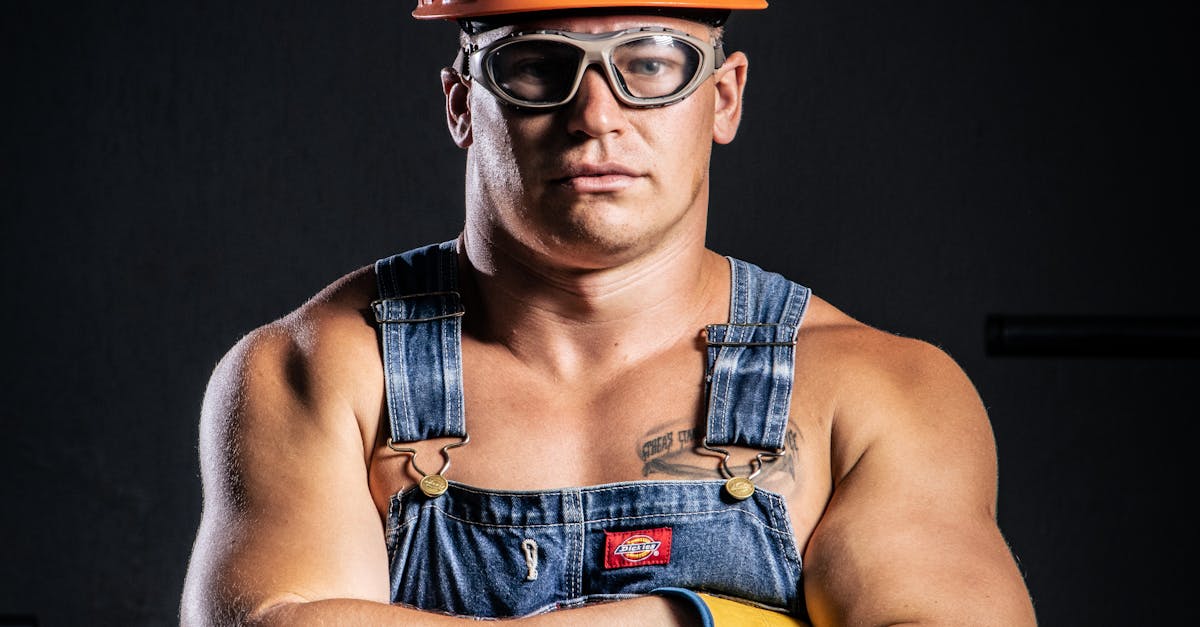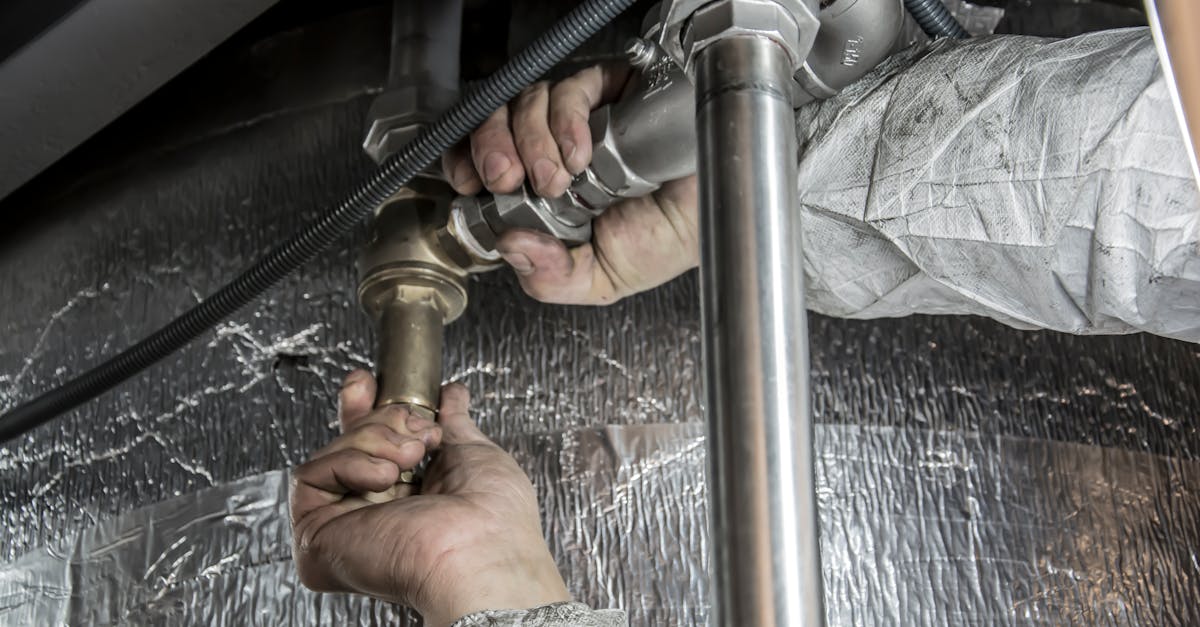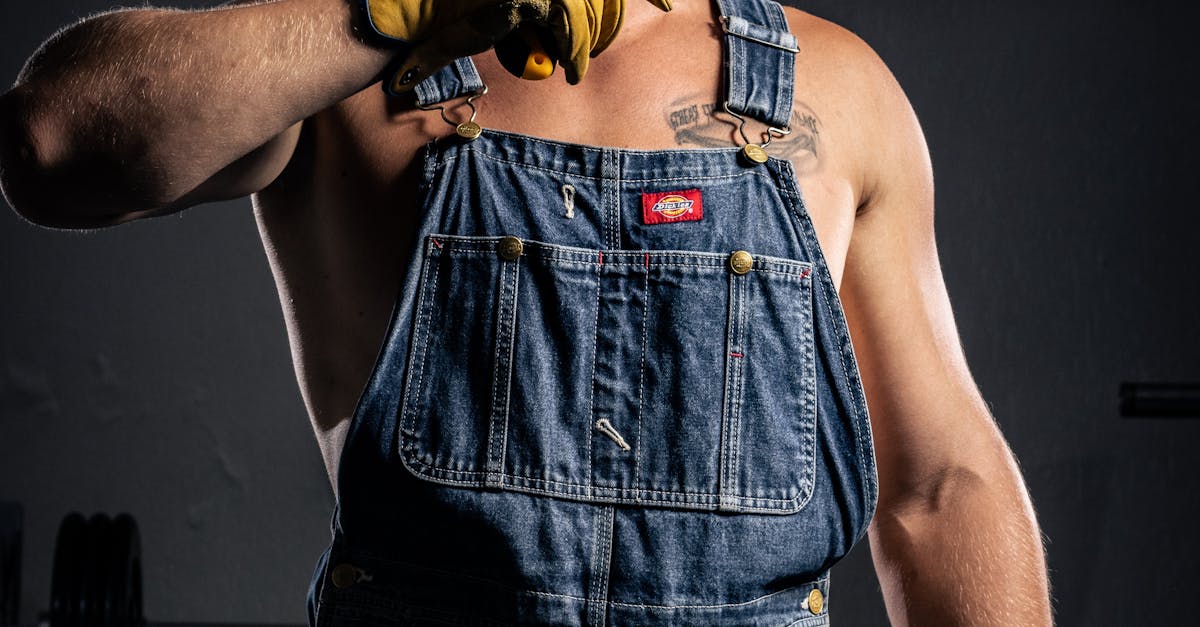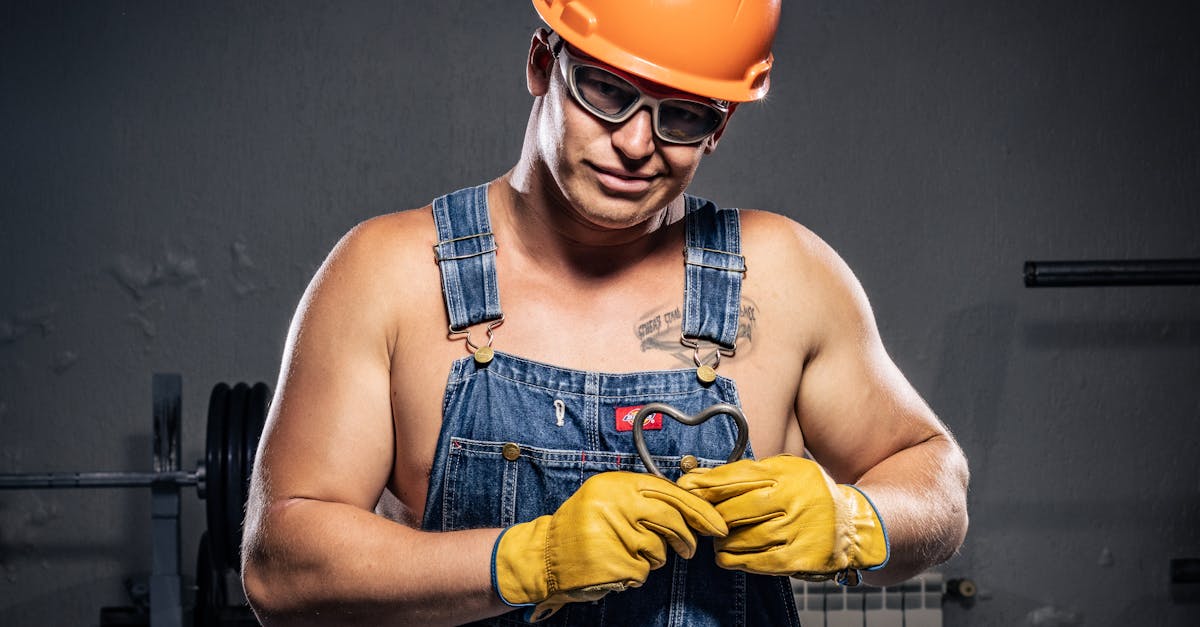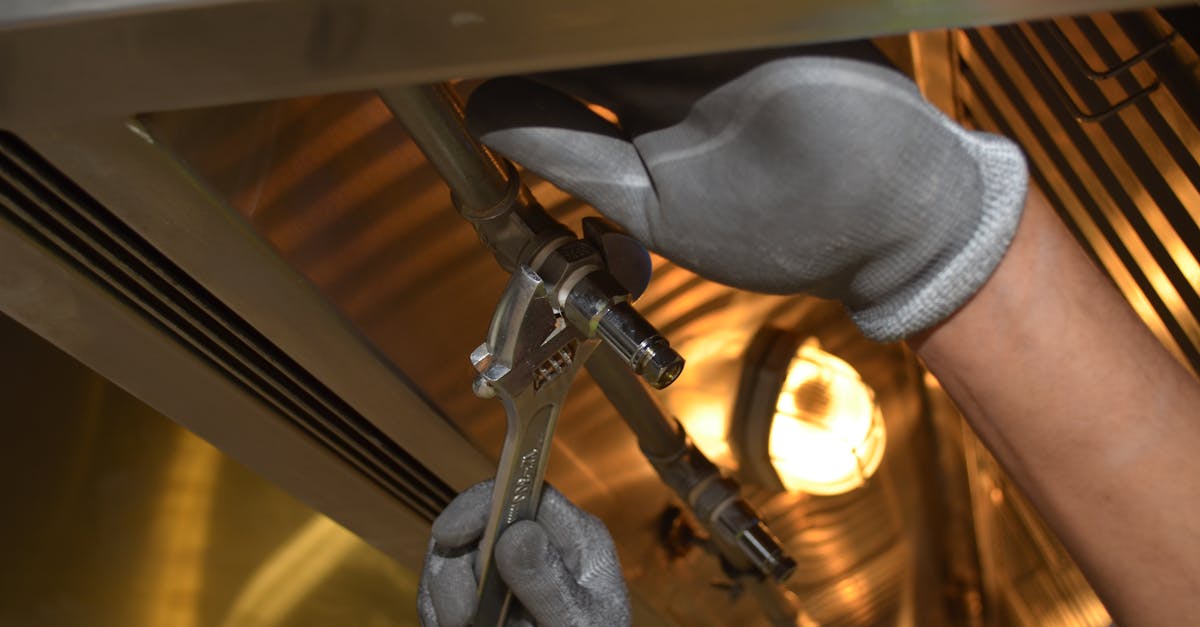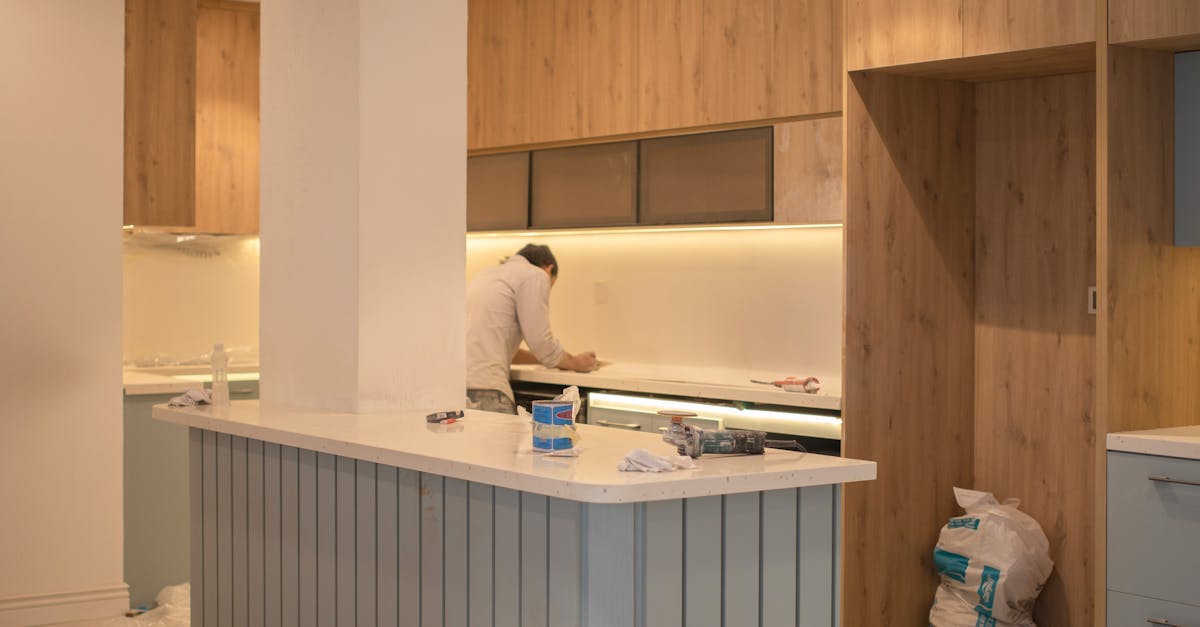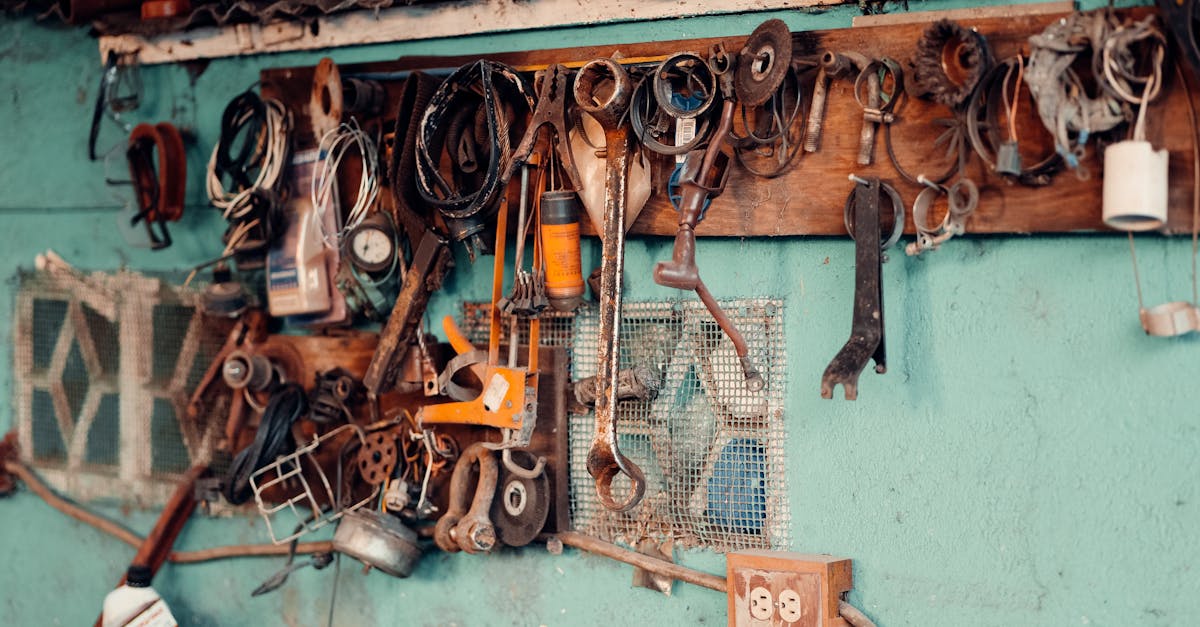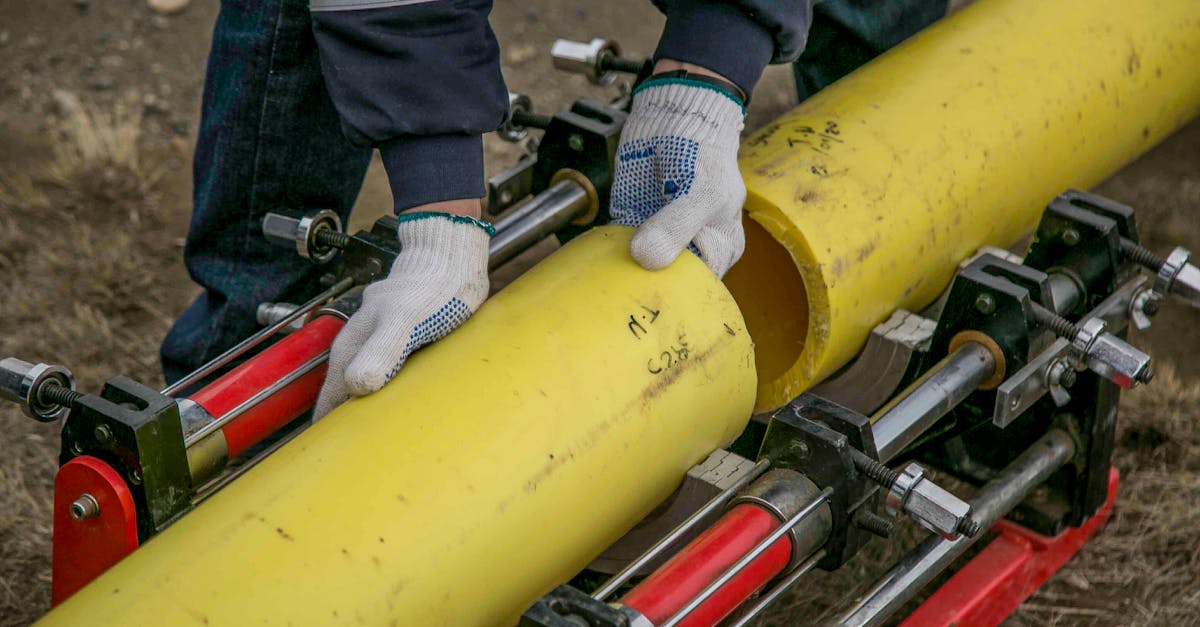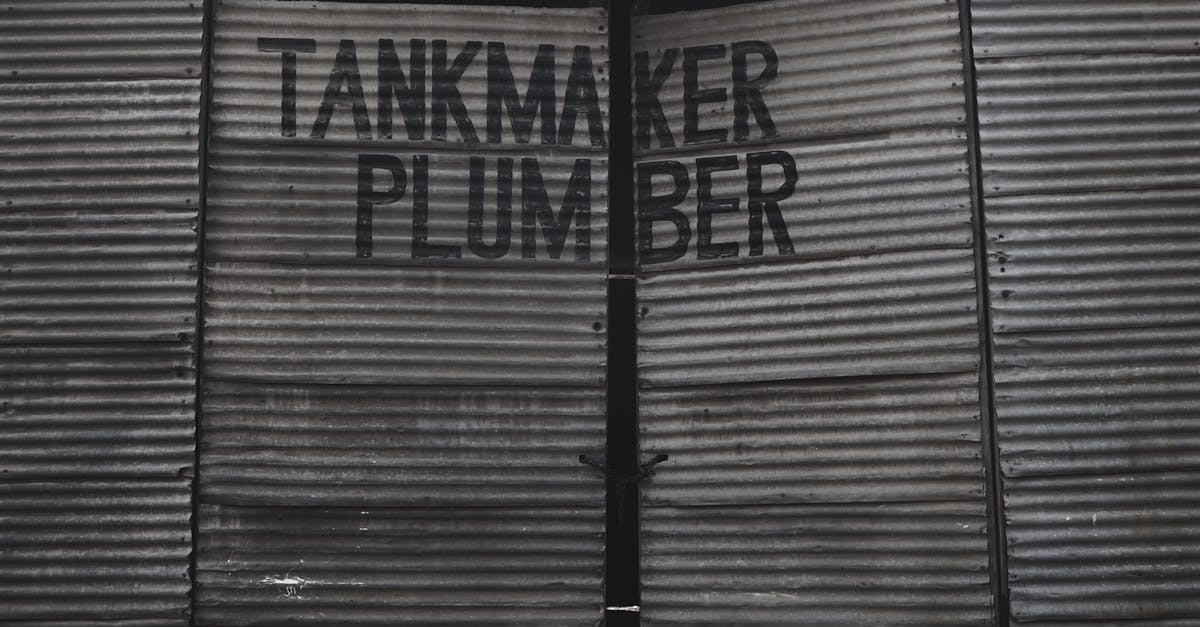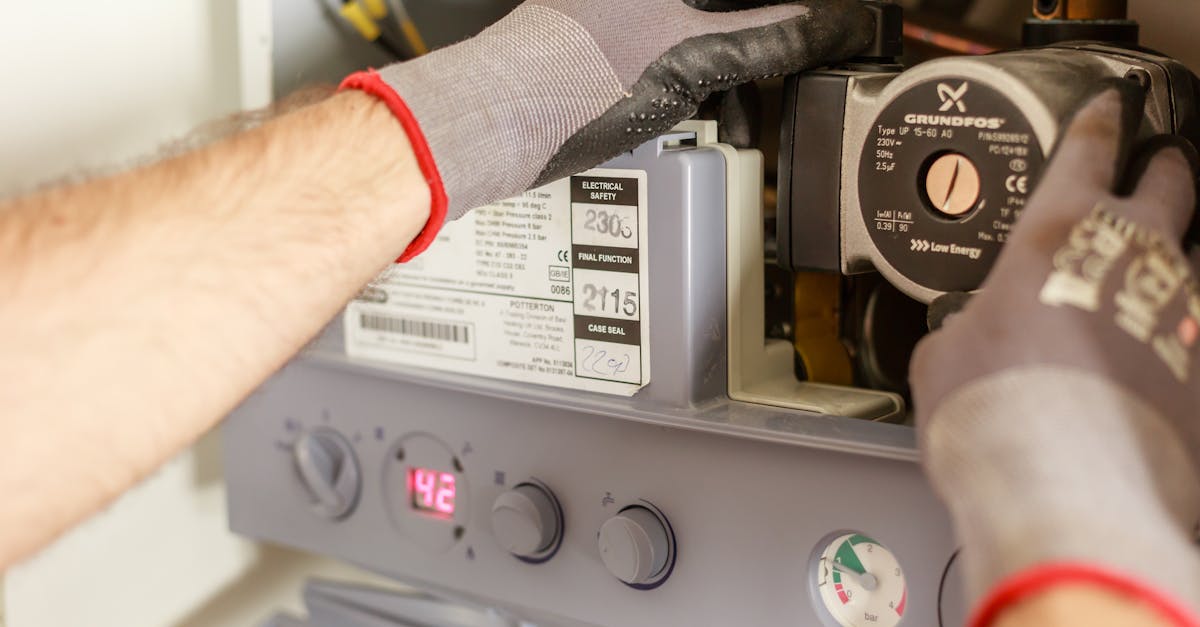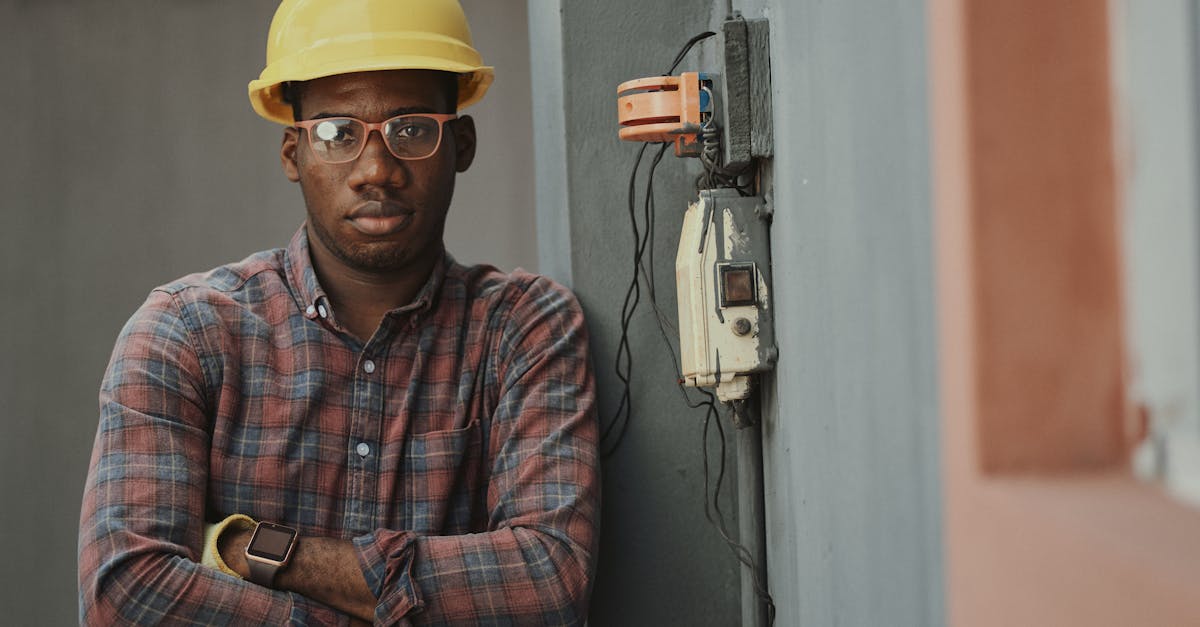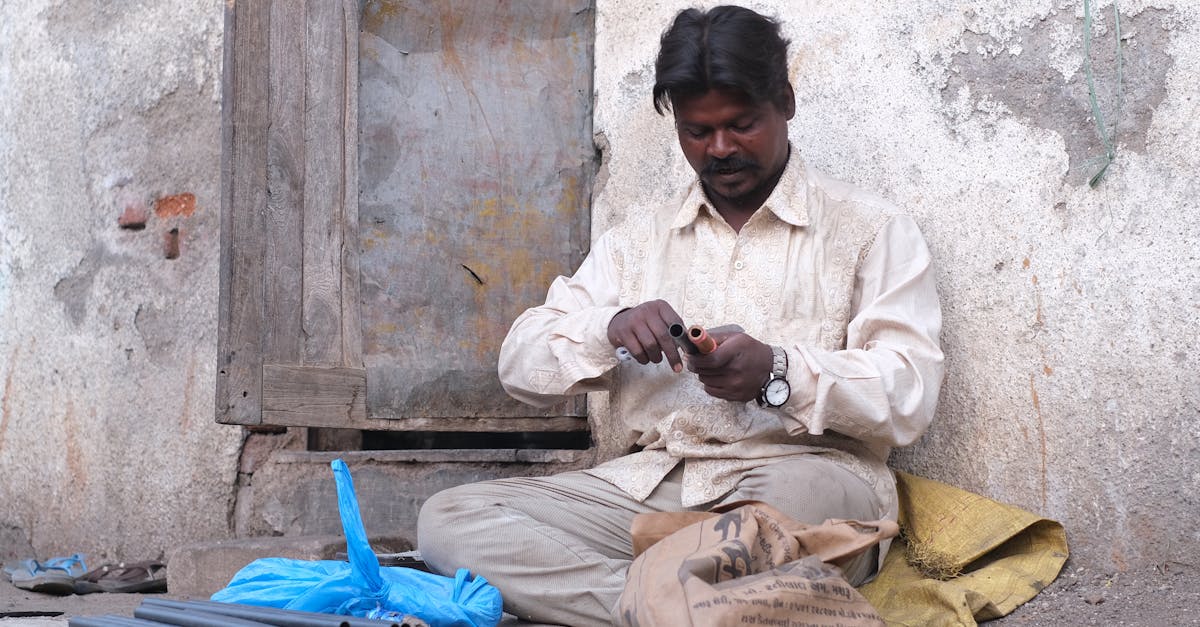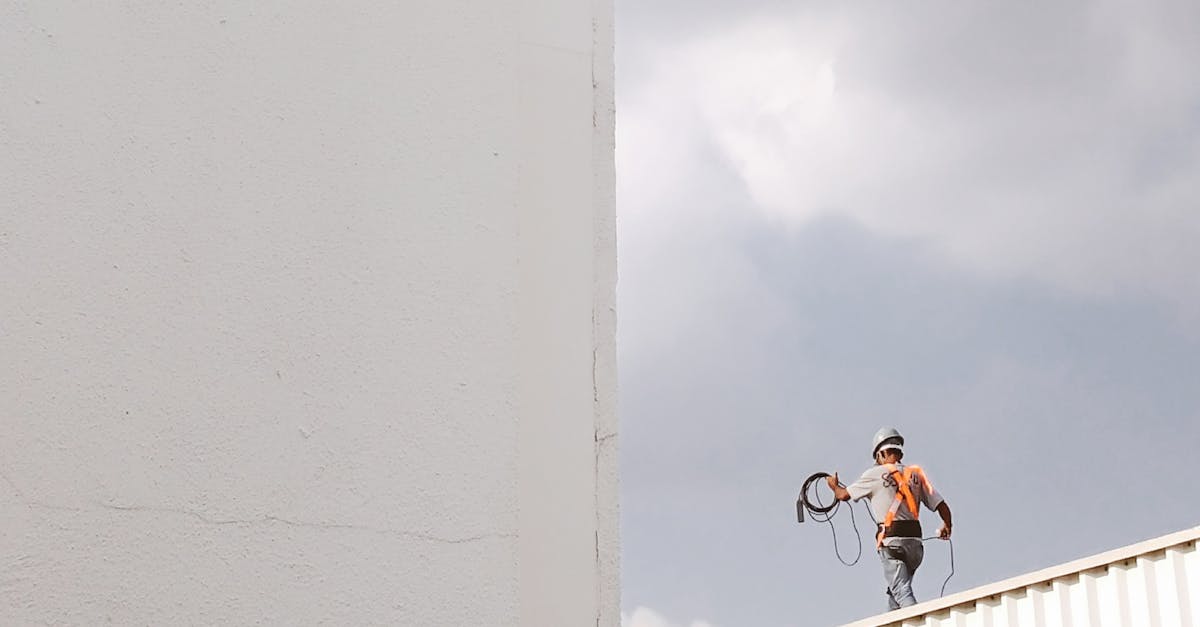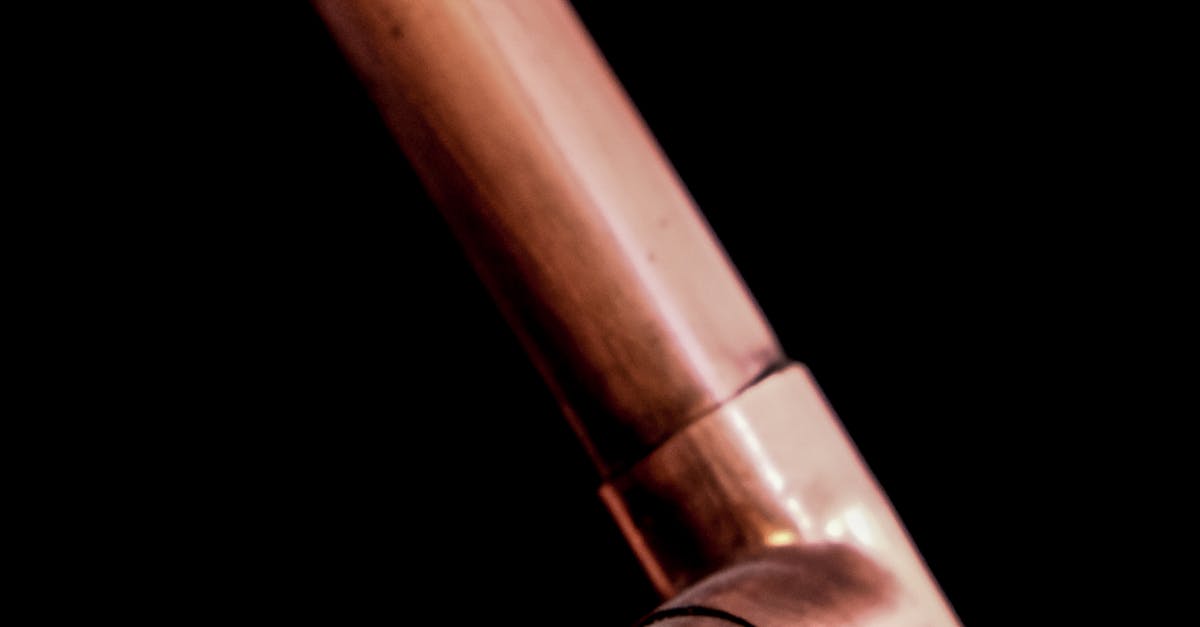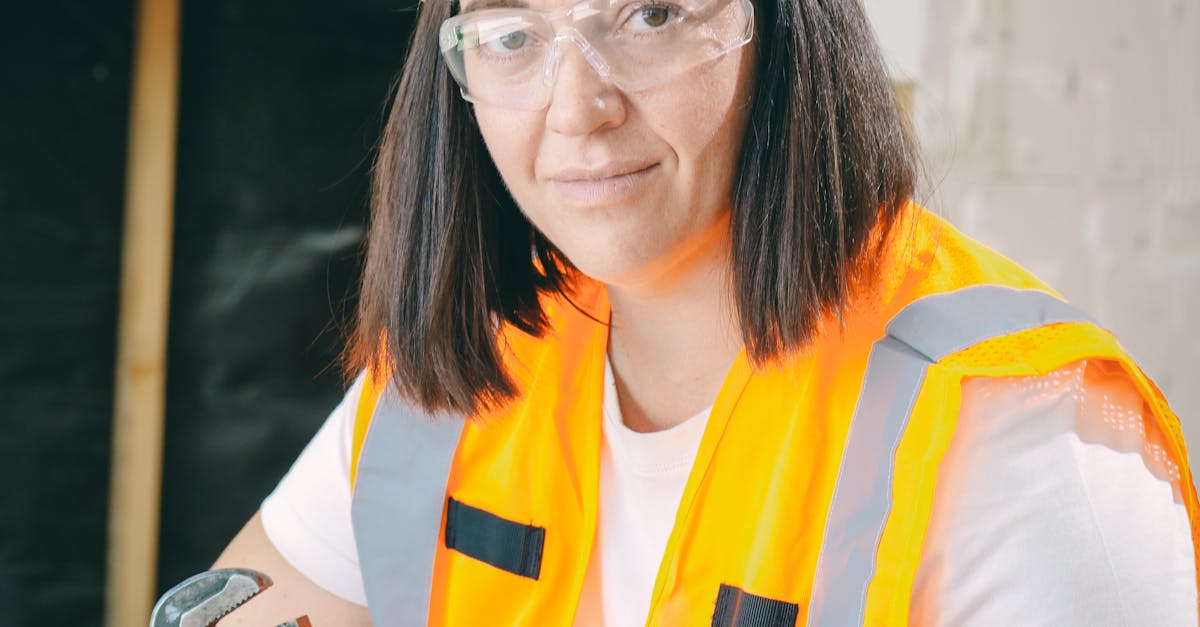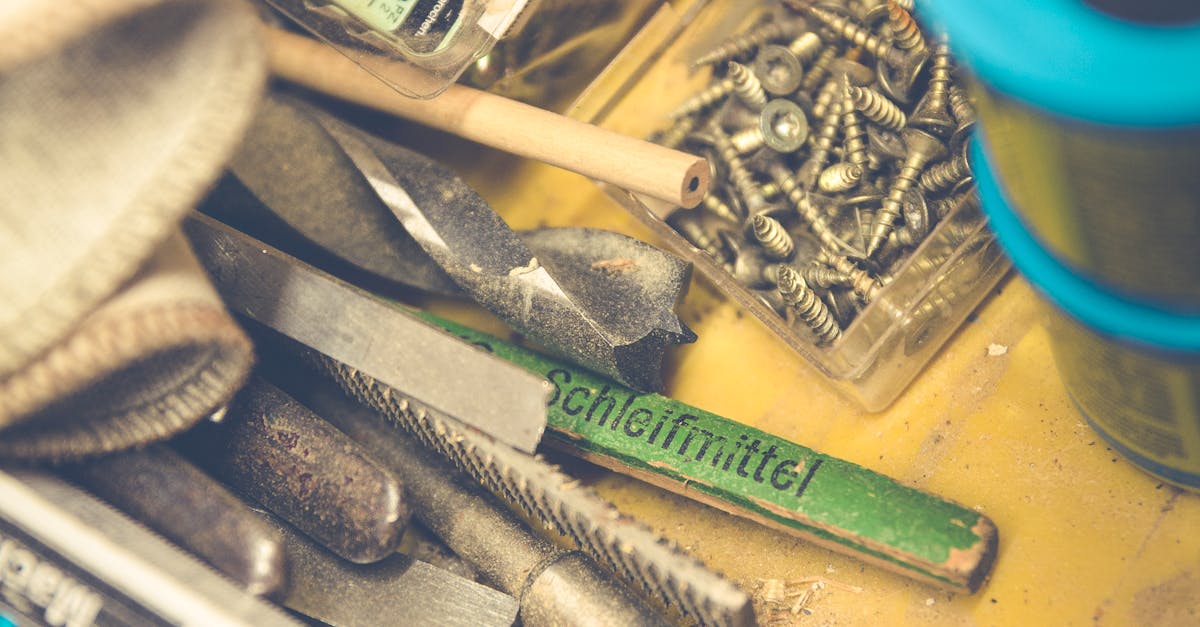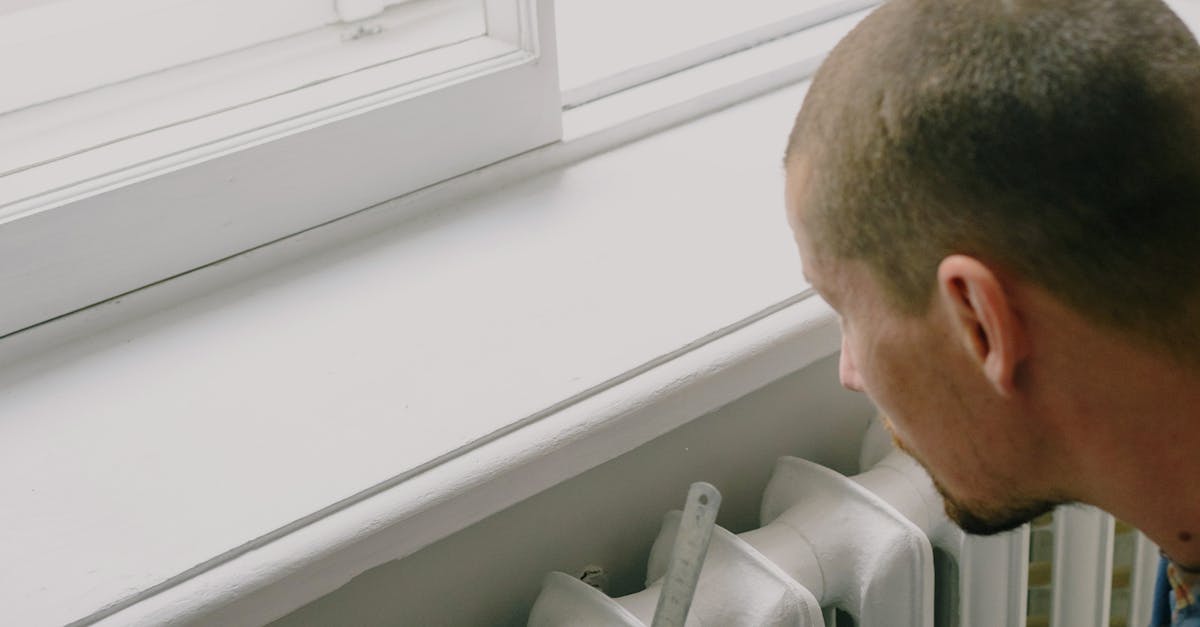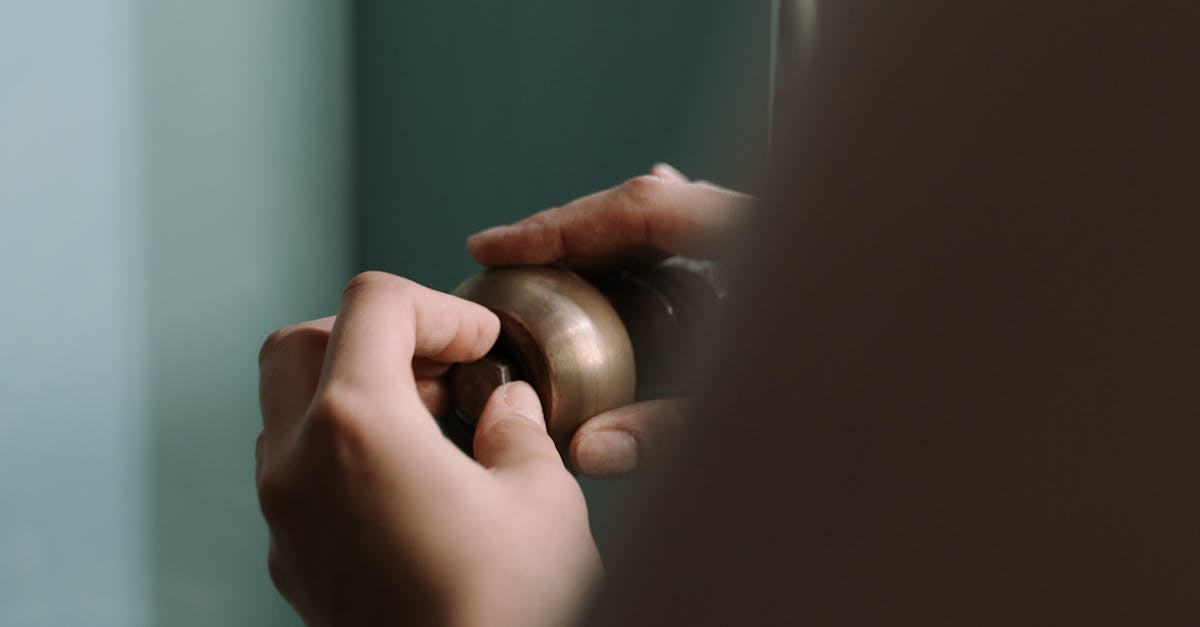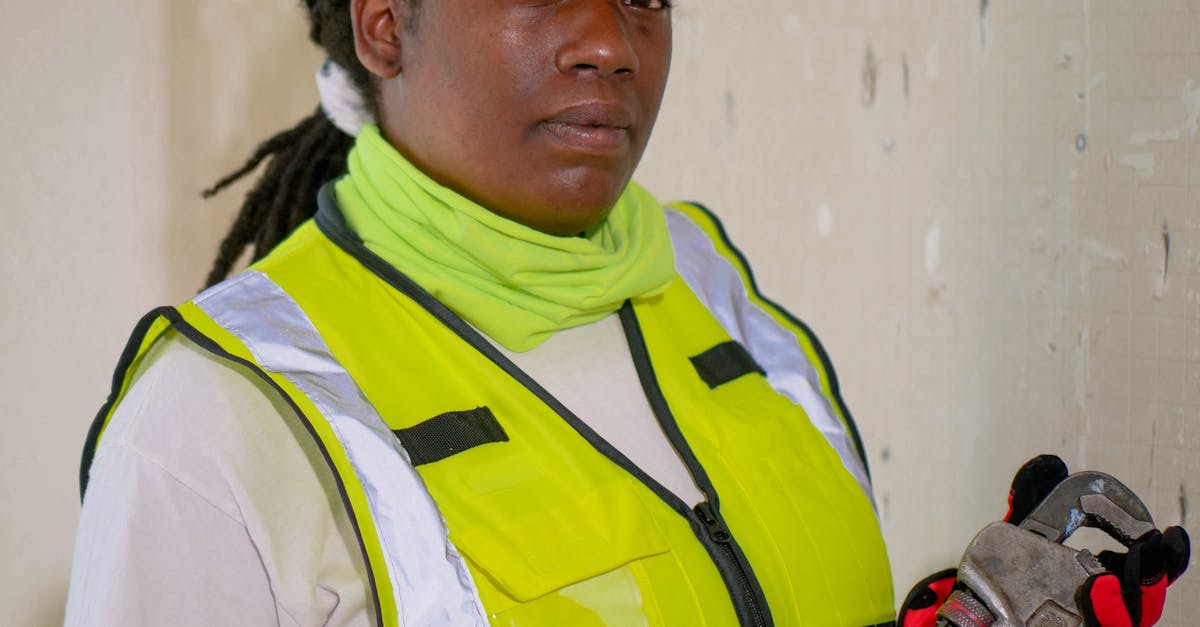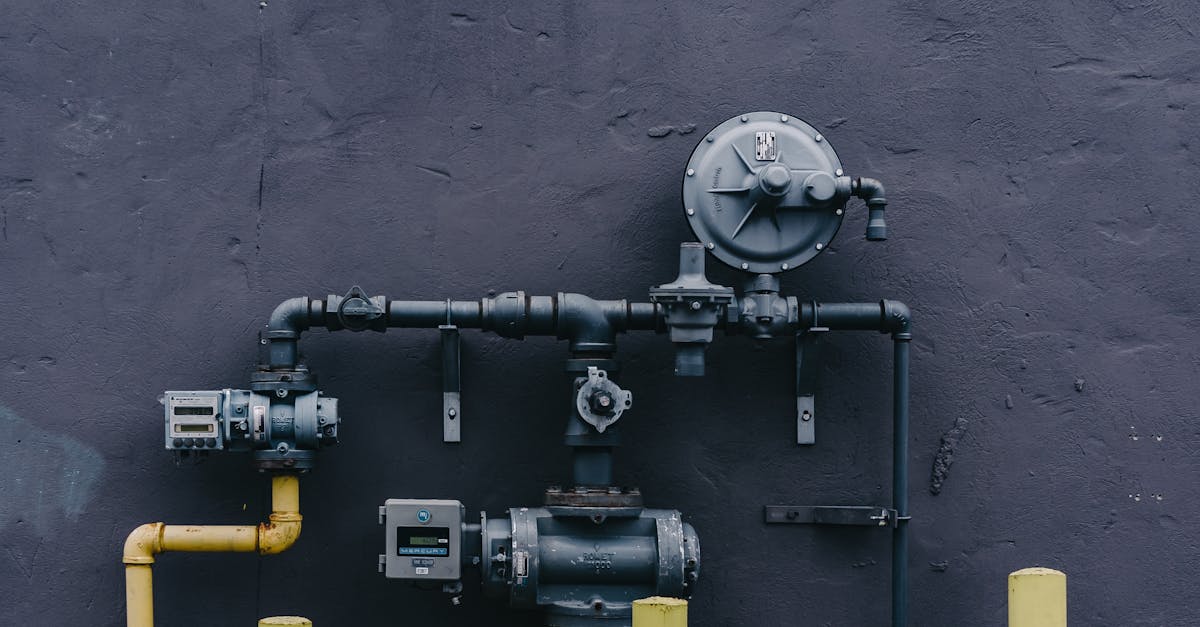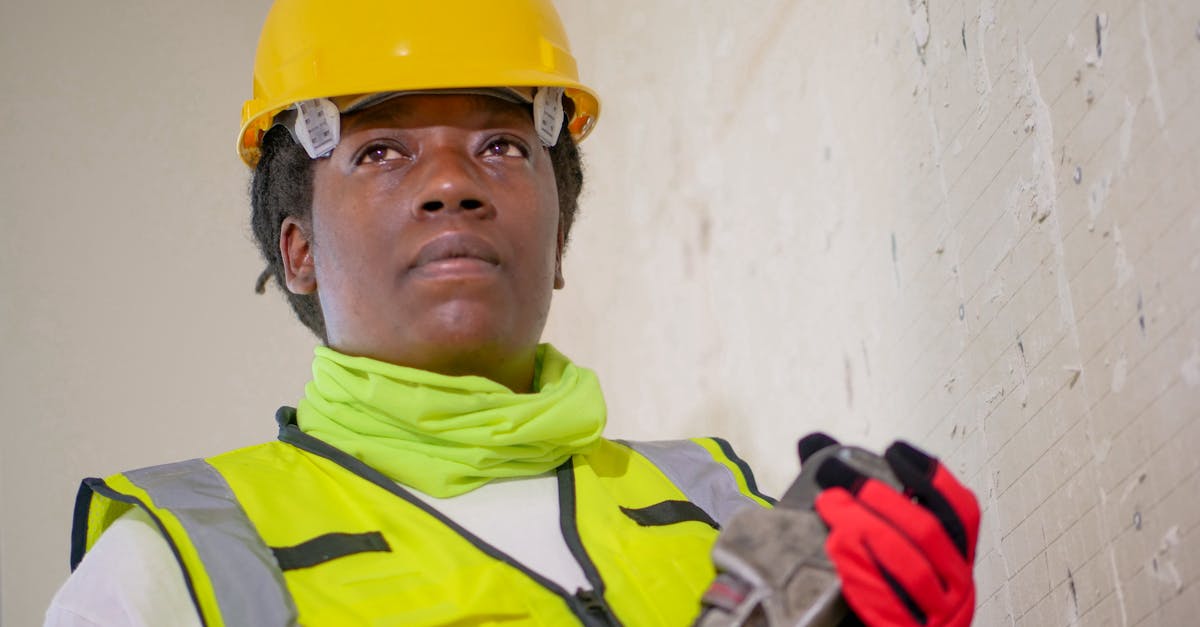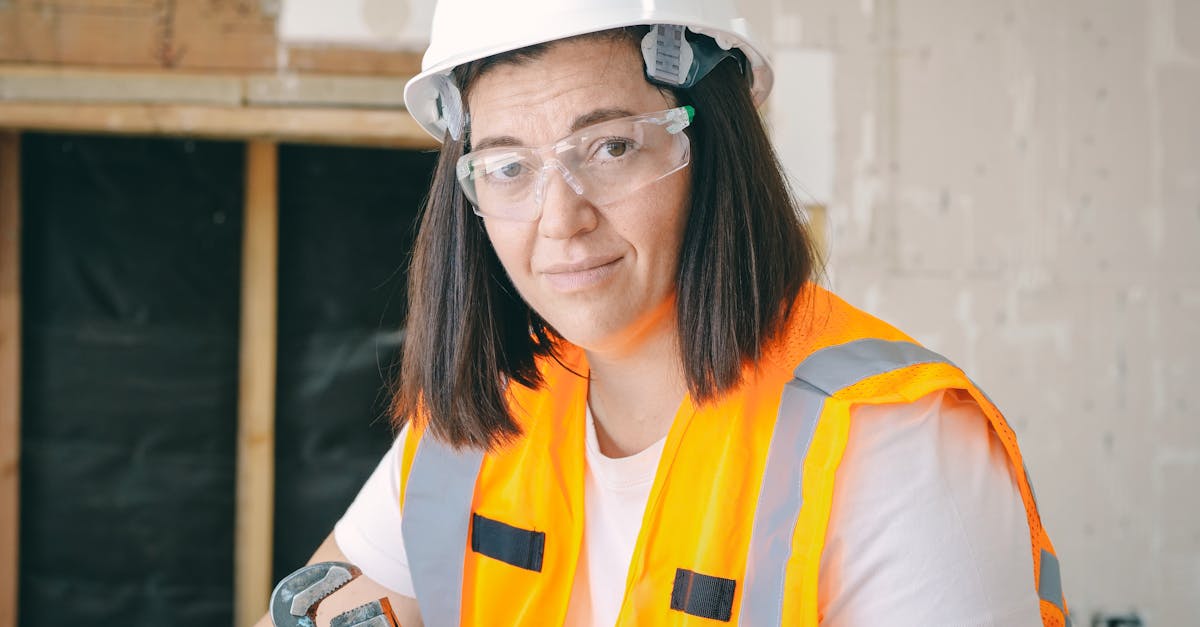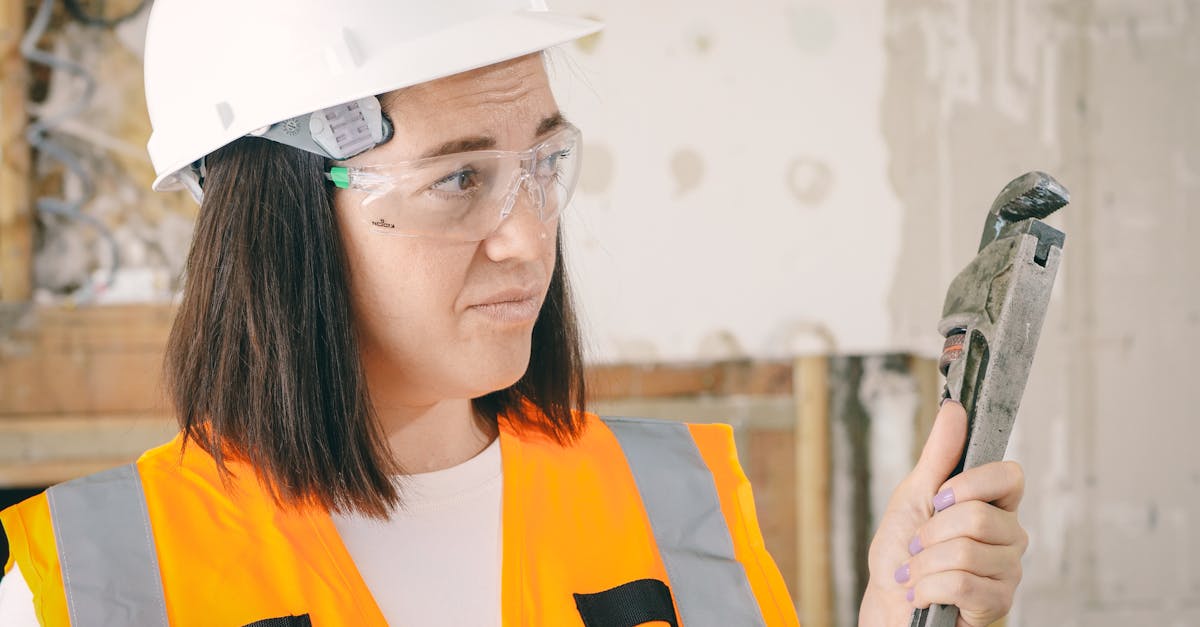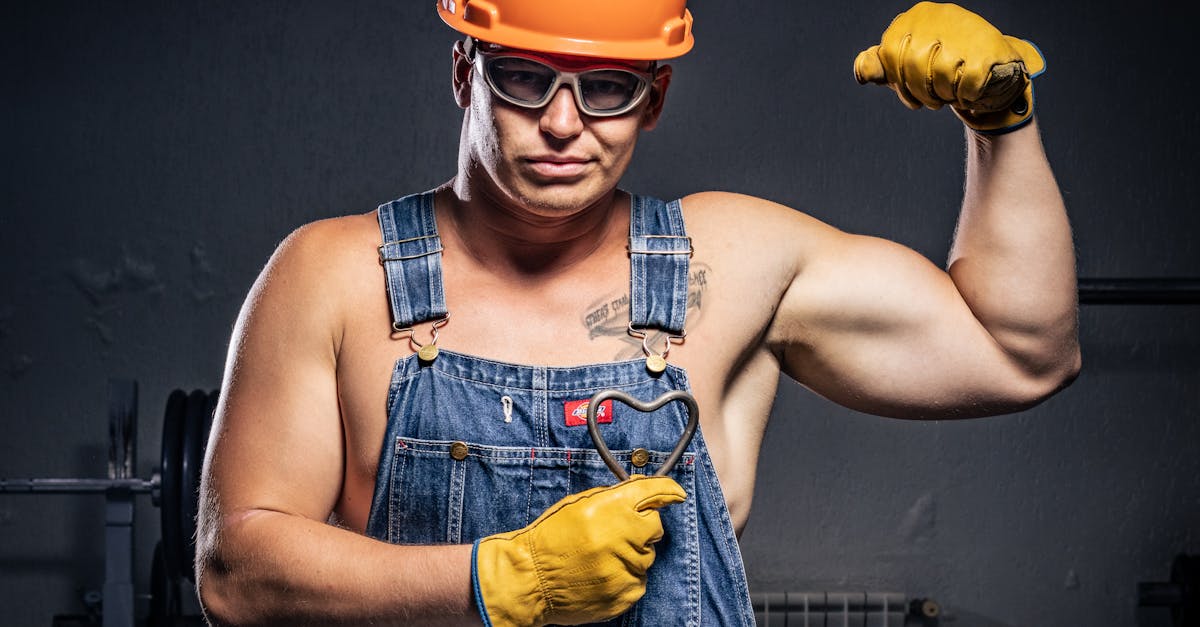
Table Of Contents
Common Installation Mistakes
One of the most frequent mistakes during hot water installation is neglecting to check local regulations and codes. Many DIY enthusiasts assume that they can bypass permits or specific guidelines, which can lead to complications down the line. Installing a system that doesn’t comply with these requirements can result in hefty fines or the need to redo work. It’s crucial to be informed about what’s legally required in your area before starting the project.
Another common issue arises from improper sizing of the unit. Choosing a hot water system that is too small can leave your household without adequate hot water, while an oversized unit may lead to unnecessary energy costs. This mistake often stems from a lack of proper research into the hot water needs of the home and a misunderstanding of the flow rates required for various fixtures. Taking the time to assess these factors can ensure a more efficient and effective installation.
Pitfalls to Avoid During Installation
Many homeowners underestimate the complexity of hot water installation and overlook critical steps. Improper placement of the unit can lead to inefficient heating and increased energy bills. It’s also essential to consider plumbing codes and regulations, as failing to comply may result in costly fines or the need to redo the work entirely. Neglecting these details can create significant setbacks.
Another common pitfall occurs when individuals attempt to cut corners by using substandard materials. Choosing cheaper piping or fittings can compromise the system’s efficiency and longevity. Additionally, rushing the installation process often leads to mistakes that could endanger safety. Taking time to assess the requirements and ensuring high-quality components will save time and money in the long run.
Cost Factors
When considering hot water installation, it is essential to factor in all associated costs to ensure a well-planned budget. The price of the unit itself is a significant part of the overall expense, varying greatly depending on the type and brand. Additionally, costs for plumbing materials, permits, and any necessary electrical work can add up quickly. Homeowners should also be aware of potential hidden costs, such as modifications needed for the installation area or unexpected repairs that may arise during the process.
Another crucial aspect to consider is the long-term energy efficiency of the hot water system being installed. While cheaper units may appear appealing upfront, they may lead to higher energy bills over time. Investing in an energy-efficient model can provide savings in the long run. Maintenance costs should also be included in the budgeting process, as regular servicing is essential to keep the system operating efficiently and to extend its lifespan.
Budgeting for Your Hot Water System
When planning for a hot water installation, it's essential to consider not only the price of the unit itself but also additional expenses that may arise. These can include the cost of professional installation if you decide to hire a plumber, as well as any necessary permits or inspections. It's wise to compare different options available in the market. Researching various systems and their efficiencies can lead to savings on both installation and long-term operational costs.
Another factor to include in your budget is ongoing maintenance. Keeping your system in optimal condition can prevent costly repairs down the line. Regular servicing may involve flushing the tank, checking for leaks, and ensuring all connections are secure. Adopting a proactive approach to maintenance helps extend the life of your hot water system, ultimately saving you money and ensuring that you have reliable hot water when you need it.
Maintenance Tips
Regular maintenance of your hot water system is essential to ensure its longevity and efficiency. Start by checking the pressure relief valve periodically. This valve is crucial for preventing excess pressure build-up, which could lead to leaks or other serious issues. Flushing the tank at least once a year helps remove sediment that can accumulate and negatively affect performance. Keeping an eye on the anode rod is also important, as replacing it can prevent rusting and corrosion in your tank.
In addition to these tasks, consider scheduling professional inspections every few years to catch any potential problems early. A technician can perform a thorough check and address any issues that might arise after hot water installation. Pay attention to unusual noises, leaks, or temperature inconsistencies, as these may indicate underlying problems that require prompt attention. Staying proactive with your maintenance can save you money in repairs over time and ensure that your hot water system operates smoothly.
Keeping Your Hot Water System in Top Shape
Regular maintenance is essential to ensure your hot water system operates efficiently. Check the temperature settings on your unit, as excessively high temperatures can not only waste energy but also pose safety risks. Inspect for any leaks around the connections, as this can indicate issues that may require professional attention. Flushing the tank periodically helps eliminate sediment build-up, which can degrade performance and affect the lifespan of your system.
Pay attention to the anode rod in your hot water tank, as it plays a critical role in preventing corrosion. Replacing this component every few years can significantly extend the life of your system. Additionally, schedule a professional inspection every few years to identify potential issues early on. Proper care and attention can help you avoid costly hot water installation repairs in the future.
FAQS
Is it legal to install a hot water system myself in Australia?
In Australia, the installation of hot water systems must comply with local regulations and may require a licensed plumber. It's essential to check your local laws before proceeding with a DIY installation.
What are some common installation mistakes to avoid?
Common installation mistakes include improper plumbing connections, incorrect temperature settings, and neglecting to follow manufacturer instructions. It's crucial to carefully read the manual and consider professional help if you're unsure.
How much does it typically cost to install a hot water system?
The cost of installing a hot water system varies depending on the type of system, installation complexity, and regional labour rates. On average, you can expect to pay anywhere from $1,000 to $3,000 for the entire process, including materials and labour.
What maintenance is required to keep my hot water system in good condition?
Regular maintenance for your hot water system includes flushing the tank to remove sediment, checking the anode rod, and inspecting connections for leaks. It's recommended to perform maintenance at least once a year to ensure optimal performance.
Can I perform maintenance on my hot water system myself?
Yes, you can perform basic maintenance tasks like flushing the tank and checking for leaks. However, for more complex issues or repairs, it's advisable to consult a licensed plumber to ensure safety and compliance with regulations.
